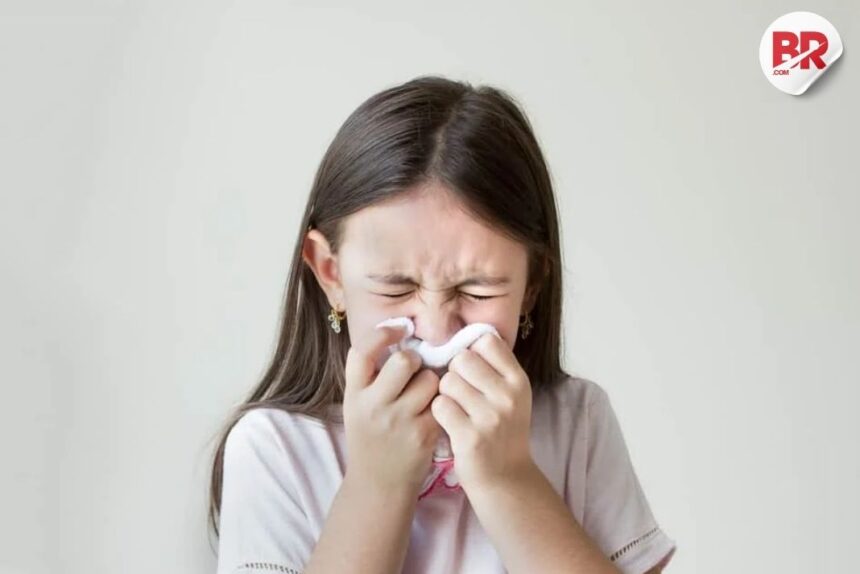
Nasal allergies, also called allergic rhinitis, are quite common during the monsoon season because the air contains more allergens like dust, pollen, mold, pet hair, and smoke.
Dr. Rajan Bhargav, an ENT specialist from Regency Hospital, Kanpur, explained in an interview with HT Lifestyle that these allergies happen when your body’s immune system overreacts to these particles. This causes swelling inside your nose, leading to symptoms like sneezing, runny or blocked nose, itchy eyes, and postnasal drip.

Read more: What If You Could Burn Fat Without Losing Muscle? This New Pill Might Do Just That
He also shared 4 simple and useful tips to help manage nasal allergies at home:
1. Use Saline Sprays
Washing your nose with saline water using a spray or neti pot can clear out dust and mucus, giving you quick relief. It also improves breathing and reduces the need for medicine. Make sure to use clean, boiled, or sterile water, and wash the device properly after each use.
2. Use Air Purifiers and Clean Regularly
To keep indoor air clean, use an air purifier with a HEPA filter, vacuum carpets and furniture often, and wash your bedsheets in hot water every week. This helps remove allergens and stops them from building up in your home.
3. Shower and Change Clothes After Going Out
If pollen or pollution bothers you, it’s a good idea to shower and change clothes as soon as you get home. Outdoor allergens can stick to your clothes, hair, and skin, and can cause allergy symptoms even inside your house.
4. Stay Hydrated and Use a Humidifier
Drinking enough water and using a humidifier can keep your nose moist and reduce irritation. Dry air can make allergy symptoms worse, so keeping the air moist can make breathing easier and more comfortable.
Also See: AGE IS NO BARRIER! Anita Raj’s Fitness Crusade SHAMES Younger Generations!
Dr. Bhargav added, “Even though nasal allergies are common, they don’t have to affect your daily life. You can manage them by knowing your triggers, keeping your surroundings clean, and following a regular care routine.”
Note to Readers:
This article is meant for general information only. Please talk to your doctor for any medical concerns or treatment.












